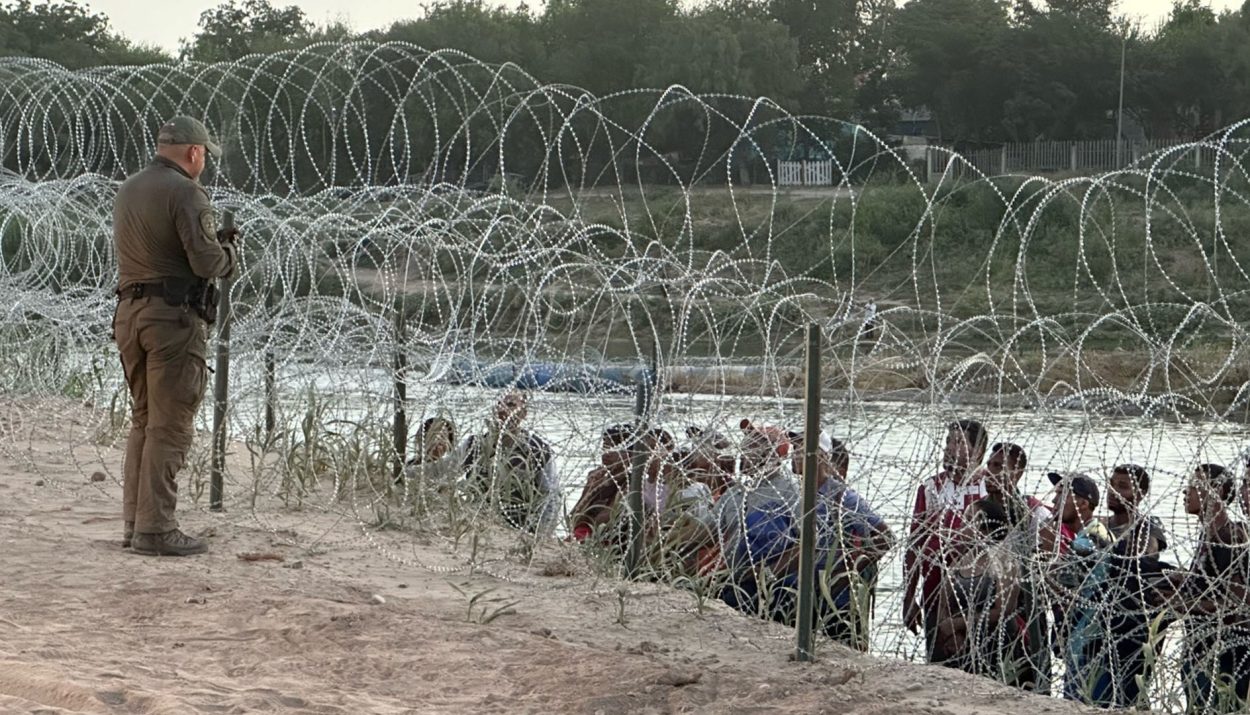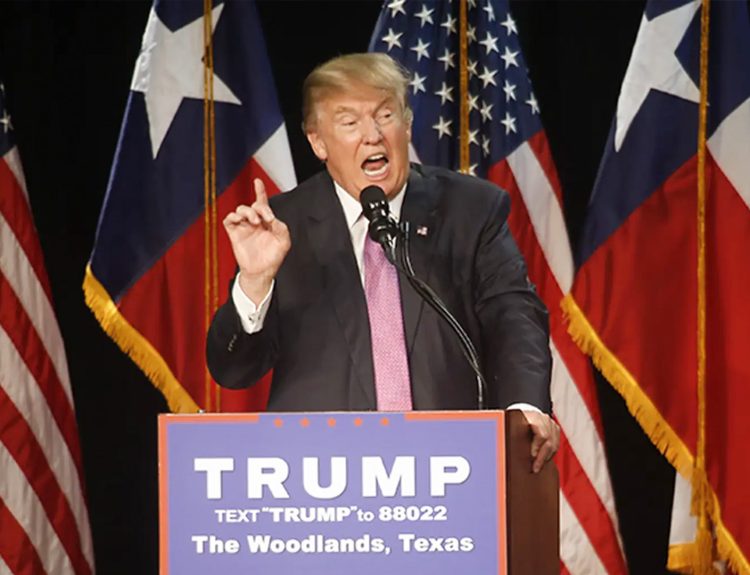The Lone Star State is taking border security into its own hands by erecting razor-wire fencing on private land along the Texas-Mexico border.
Recently, National Guard troops and Texas Military Department personnel have been spotted assembling rows of razor wire near the Rio Grande River in Eagle Pass, just across from Mexico. The temporary fencing is intended to deter migrants from illegally crossing the U.S. on that section. Tensions between state and federal authorities have escalated in recent months over how to address the steady flow of migrants arriving from Mexico.
Governor Greg Abbot’s Operation Lone Star Continues
Lt. Christopher Olivarez of the Texas Department of Public Safety said the state is pushing ahead with Operation Lone Star, a border security mission launched by Gov. Greg Abbott in 2021.

“If it gets to the point where it goes to the Supreme Court, and we’re actually told that, ‘You know what? You cannot place barriers; you have to remove them.’ Then that’s one story, but we’re still moving forward with what we’re doing right now,” Olivarez said.
Criticism and Praise Of Abbot’s Efforts
Abbott’s strict approach to border control has received both criticism and praise.

Sarah Cruz of the ACLU called out politicians for “demonizing and dehumanizing immigrants for political gain.” However, others argue Abbott is protecting Texans by securing the border during what he calls a “crisis.”
Temporary Win for Opponents
On Tuesday, the Supreme Court temporarily blocked Texas from enforcing Senate Bill 4, which would allow state police to arrest and deport undocumented immigrants.
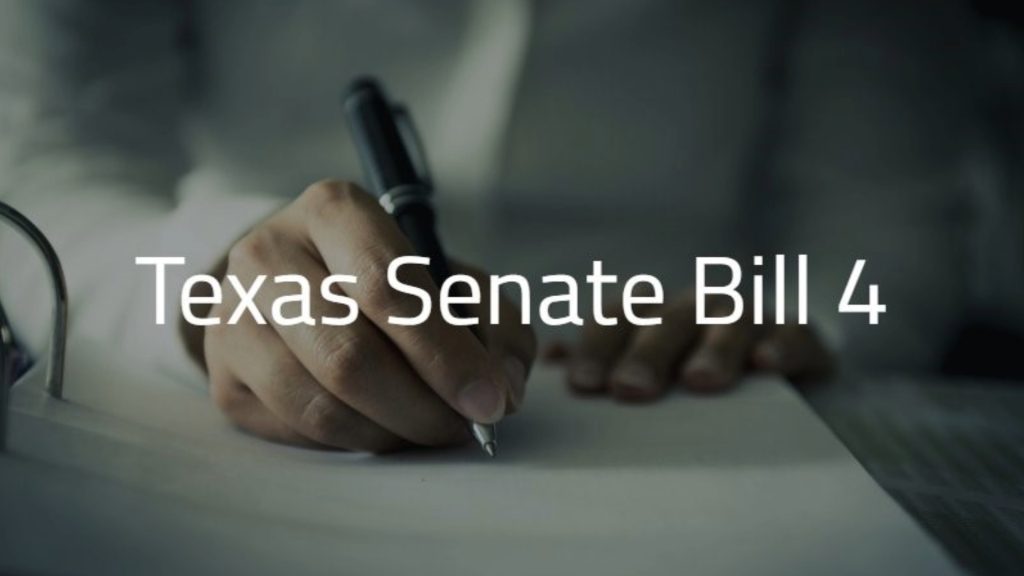
Abbott vowed to appeal, saying he “will not back down in our fight to protect our state-and our nation-from President Biden’s border crisis.”
Illegal Immigration is Now a National Issue
Illegal immigration remains an important issue for many Americans. A recent poll found that 84% of respondents consider it a serious problem.
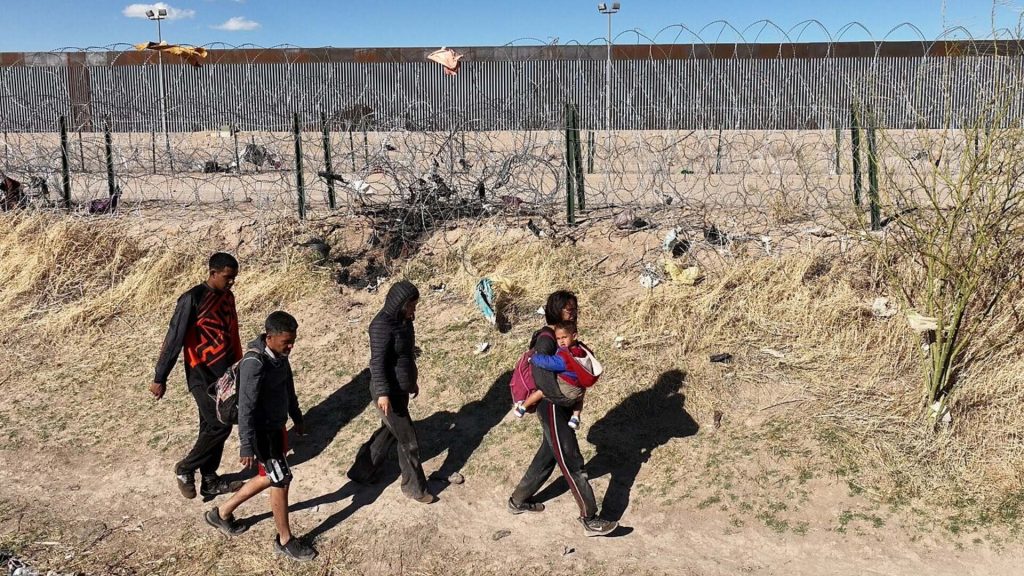
Former President Trump, who may run again in 2024, made hardline immigration policies a central part of his platform. The debate around border security and immigration reform is likely to shape future elections.
Legal Challenges That Come With Razor Wires
The Biden administration challenged Texas in court, arguing that immigration enforcement is solely a federal responsibility.
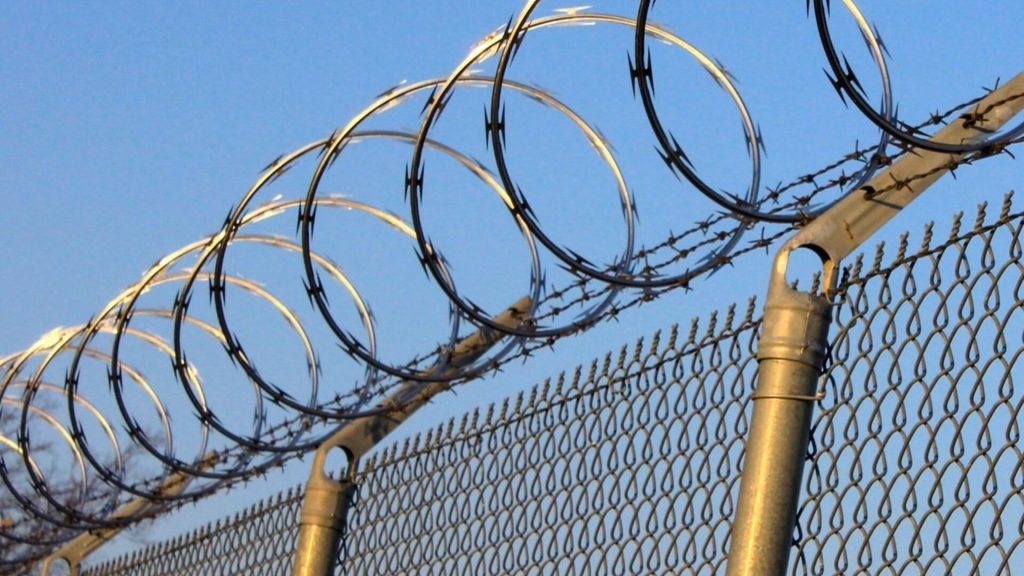
The Supreme Court ruled that federal agents could remove the state’s razor wire, prompting outrage from Gov. Greg Abbott, who claimed Texas faces an “invasion” that it has the “constitutional authority to defend and protect itself” against.
An Ongoing Battle That Abbot Is Not Backing Down From
Abbott shows no signs of backing down. “I will not back down in our fight to protect our state-and our nation-from President Biden’s border crisis,” he said.
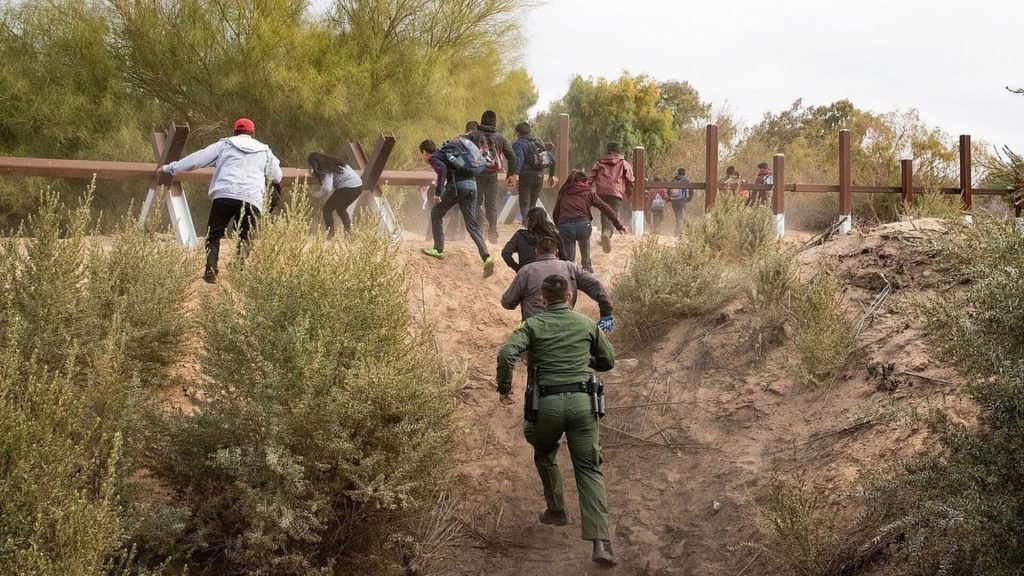
The Supreme Court has frozen a new Texas law allowing state police to arrest and deport undocumented immigrants, but Abbott vowed to appeal.
Residents Caught In Between
Border communities find themselves caught in the middle of the intergovernmental dispute. Sarah Cruz of the ACLU argued that aggressive crackdowns mainly serve “to intimidate and harass border residents.”
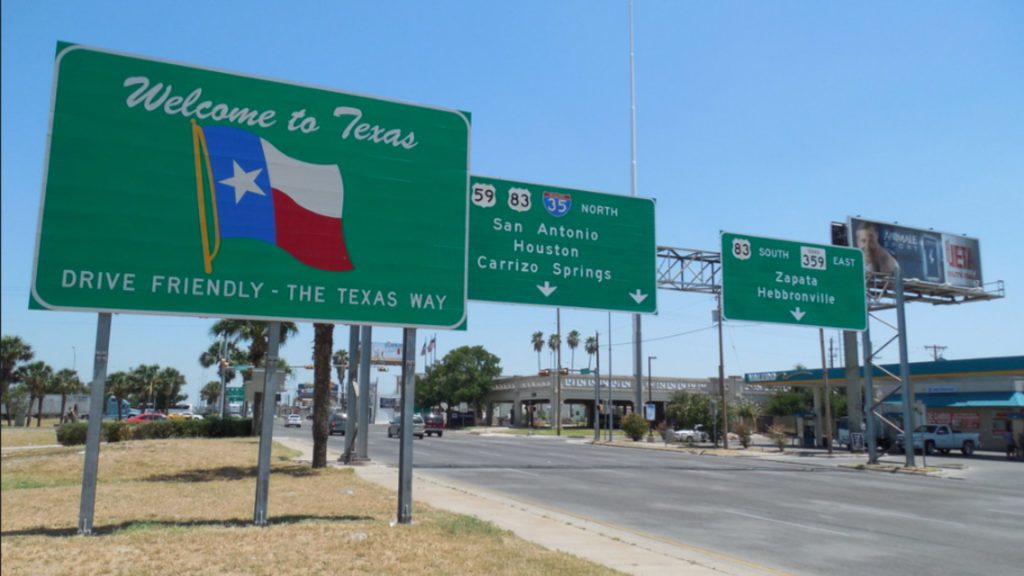
Still, polls show most Americans consider illegal immigration an urgent issue, and Abbott’s measures have rallied supporters.
Supreme Court Rules Against Texas’ Use of Razor Wire Along Border
The Supreme Court has extended a temporary block preventing Texas from using razor wire along parts of the U.S.-Mexico border. In a 5-4 decision, the court ruled that Texas must remove barriers erected along the Rio Grande River.
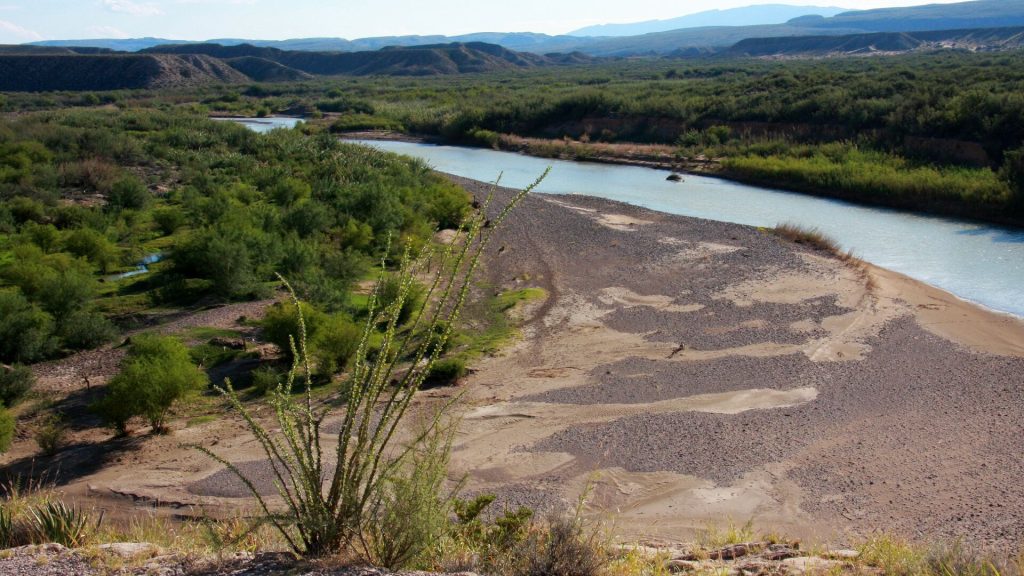
According to Lieutenant Christopher Olivarez of the Texas Department of Public Safety, Texas authorities will continue with current security efforts along the border while the legal battle continues.”
Texas Given Green Light to Remove More Migrants Under New Law
According to reports, Texas was given authorization to continue strengthening security along its border with Mexico.
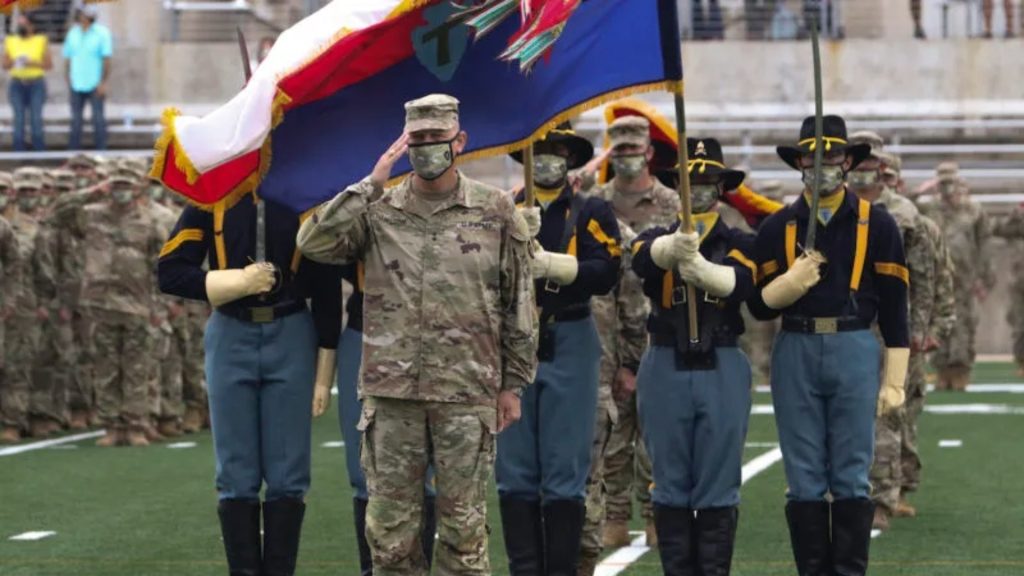
Broadcast footage showed Texas Military Department personnel and Florida National Guard troops installing razor wire on private property near Eagle Pass. The wire was placed around 11 miles from Shelby Park, across the Rio Grande from Mexico.
Consistent Pushback From Rights Groups
Immigrant rights groups and civil liberties advocates argue Abbott’s measures go too far. They claim razor wire and mass arrests violate human rights and subject migrants to inhumane treatment.
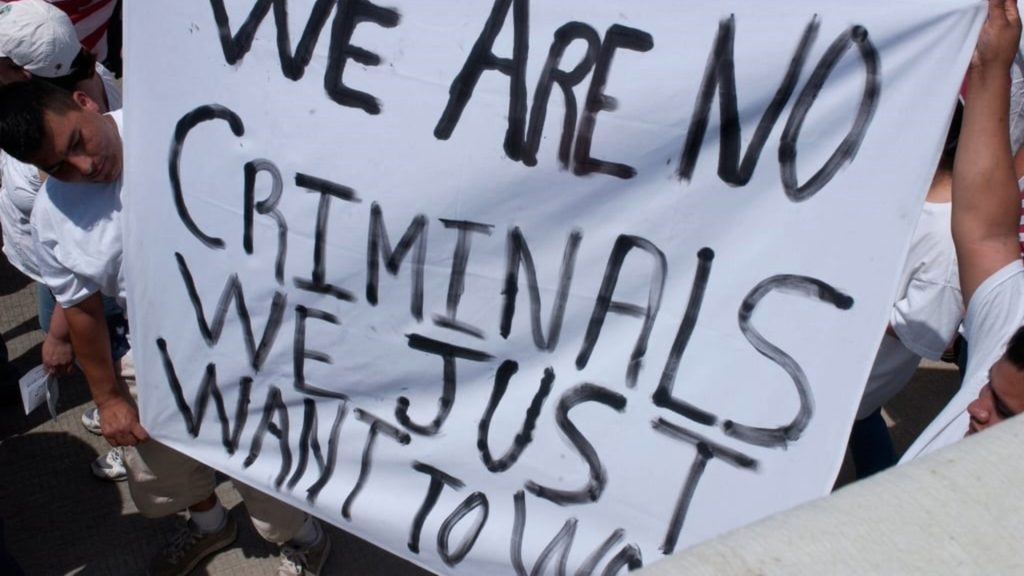
These groups also assert that immigration enforcement is a federal responsibility, not a state one, so Abbott’s actions overstep his authority.
Mixed Reviews From Border Communities
Border city leaders and residents have mixed views on Abbott’s border controls. Some welcome the additional resources to combat crime and trafficking.
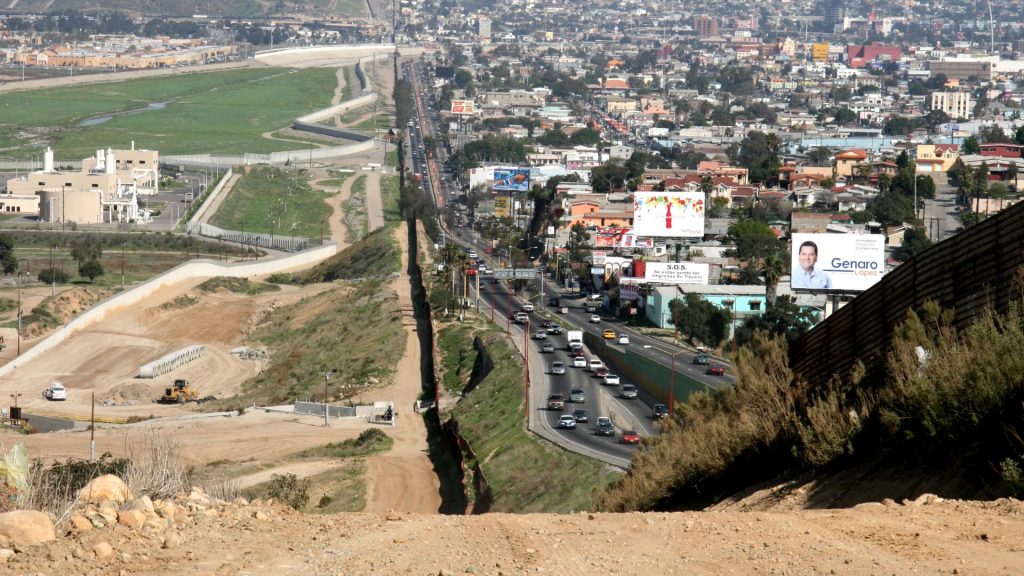
However, others argue the measures have disrupted daily life, hurt cross-border commerce, and created a hostile environment.
What Might Happen Next?
The situation remains fluid. Governor Abbott is determined to assert Texas’s authority over border security, so he may continue to appeal rulings limiting Operation Lone Star and erect further barriers.
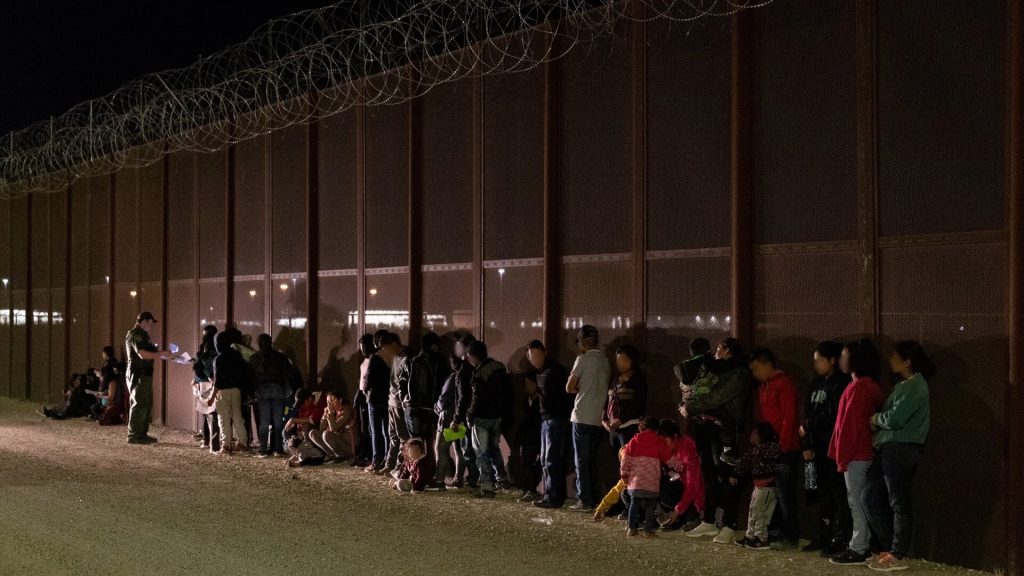
However, his measures also face significant legal and political opposition. The federal government argues that border security is solely the responsibility of federal agents.
Abbot Remains Defiant on Border Security
While the Supreme Court ruling has temporarily halted Texas’ controversial border control tactics, the tensions between state and federal authorities continue to escalate.
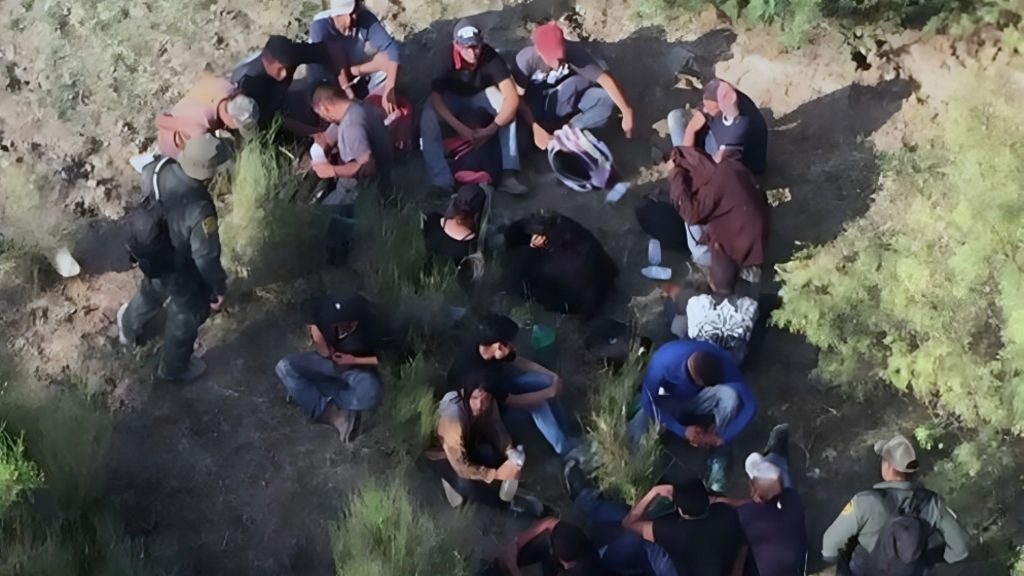
Abbott remains defiant, insisting the measures are necessary to combat illegal immigration that he deems an “invasion.”
Militarization of The Border Draws Critique
While critics decry the militarization of the border as draconian and inhumane, proponents argue it is the only way to stem the tide of migrants crossing illegally.
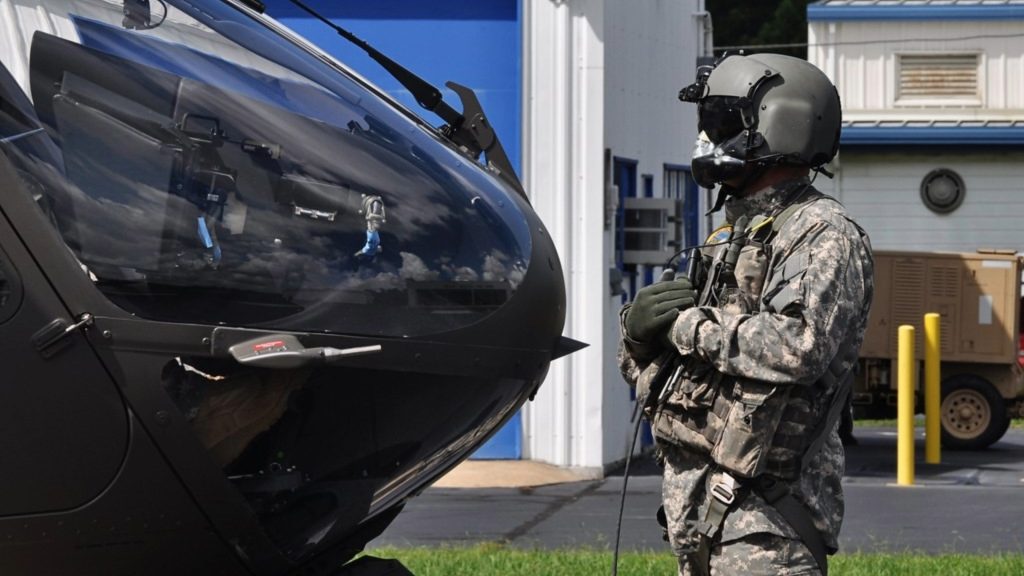
For now, the razor wire is a stark symbol of the ideological clash over immigration unfolding along the Texas border. The coming legal battles and political rhetoric seem certain to keep this flashpoint burning.

